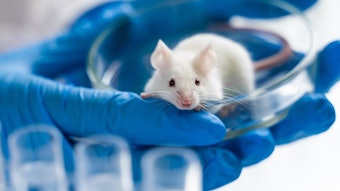
In recent years there has been an increase in reports of sensitive skin among men and women of various ages and ethnicities. Approximately 52% of women and 38% of men have self-diagnosed sensitive skin. Further, 10% of women and 6% of men describe themselves as having very sensitive skin.
Very sensitive skin describes individuals who have skin with a lower tolerance threshold for cosmetic and personal care products than those with sensitive skin. Thus, their adverse responses to these products occur more frequently. As a result, there has been an increase over the past ten years in the demand for cosmetic and personal care products formulated for individuals with sensitive skin.
According to the New York Times, sensitive skin product sales have jumped 13% since 2000, and sales in the United States average more than US$900 million annually. Though there currently are a plethora of sensitive skin products on the market, there is no industry standard for characterizing the condition or for substantiating sensitive skin product claims. This may be attributed to the lack of understanding the underlying mechanisms leading to sensitive skin.
The obscurity of the etiology may well be attributed to the lack of noticeable signs of irritation, intra- and inter-subject variability, and an unclear understanding of the effects that age, race and lifestyle play in the prevalence of sensitive skin.
Clarification of the exact mechanisms of action in sensitive skin and the establishment of a universal, objective, reproducible and quantifiable testing method are essential for the further advancement of research in this area. Establishing these parameters will provide companies an avenue to substantiate their claims by ensuring that sensitive skin products are being tested on individuals with the condition, in turn enhancing the safety and efficacy of sensitive skin products before releasing them.







!['We believe [Byome Derma] will redefine how products are tested, recommended and marketed, moving the industry away from intuition or influence, toward evidence-based personalization.' Pictured: Byome Labs Team](https://img.cosmeticsandtoiletries.com/mindful/allured/workspaces/default/uploads/2025/08/byome-labs-group-photo.AKivj2669s.jpg?auto=format%2Ccompress&crop=focalpoint&fit=crop&fp-x=0.49&fp-y=0.5&fp-z=1&h=191&q=70&w=340)




